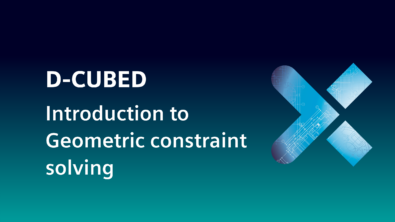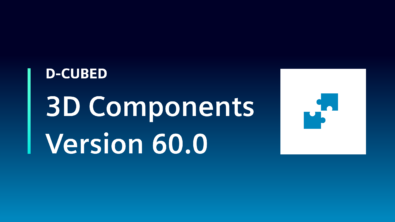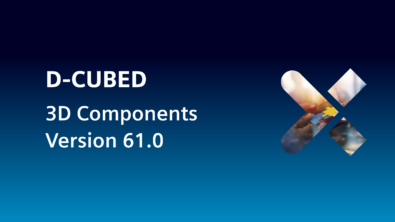D-Cubed 2D DCM Version 70.0
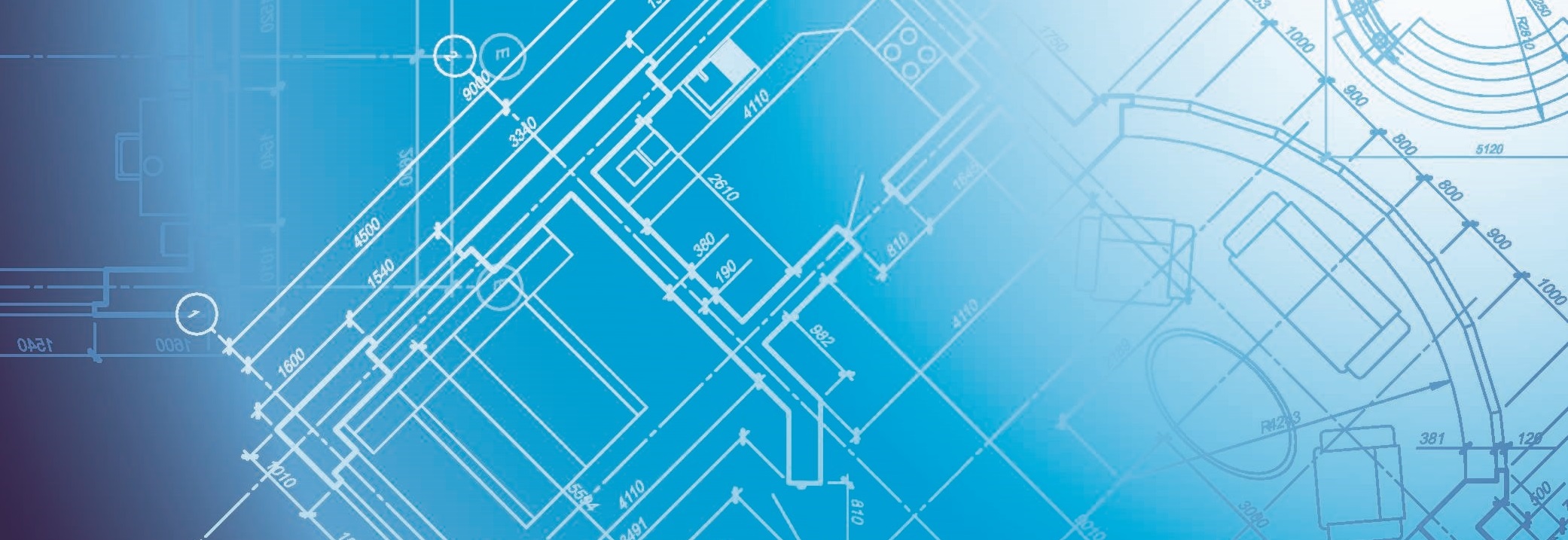
Key enhancements introduced in version 70.0 of D-Cubed 2D DCM (2D Dimensional Constraint Manager) are described below.
Rigid arc length and curve length dimensions
An application can specify that surplus dimensions are classified as rigid dimensions. The rigid classification informs 2D DCM that the values of these dimensions will not be changed in an independent and inconsistent manner. Hence rigid dimensions do not cause a model to be classified as overdefined. Support for rigid dimensions enables a more flexible range of dimensioning schemes to be used.
Arc length and curve length dimensions can now be defined as rigid in version 70 of 2D DCM.
Negative scaling for uni-scalable splines and sets
Sets are collections of geometries which 2D DCM solves as if they are fully constrained relative to each other without requiring the use of individual dimensions and constraints. 2D DCM will position sets to solve dimensions and constraint between the set geometries and other geometries in the model.
2D DCM supports rigid sets where the shape and size are fully defined, scalable sets which have the freedom to scale uniformly, and uni-scalable sets which can scale in one direction, as if the set were being stretched. In version 70 an option has been added that allows uni-scalable splines and sets to be transformed with a negative scaling factor.
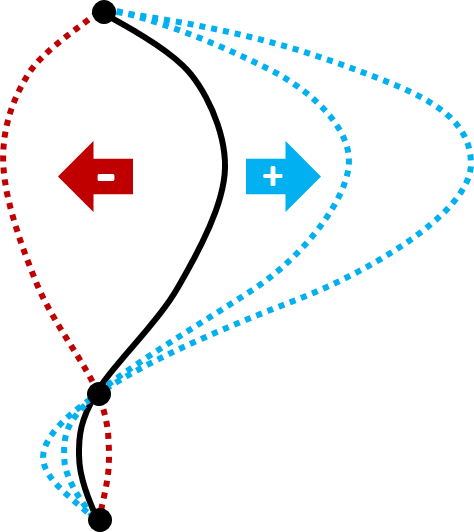
Dragging follows cursor in more cases
Drag functionality in 2D DCM enables users to move underdefined geometry interactively. In version 70 the dragged geometry will follow the cursor in more models.
Parameterisation of splines
2D DCM can now compute the centripetal parameterisation of interpolated splines rather than requiring the application to provide the parameterisation. This reduces the time required to integrate such splines into an application.
2D DCM can now return the chord length parameterisation for interpolated splines during spline creation and update. Previously this information was only available during a call to evaluate.
About D-Cubed 2D DCM
D-Cubed 2D DCM (2D Dimensional Constraint Manager) is widely acknowledged as the leading 2D geometric constraint solver. In addition to driving the sketcher in many CAD products, 2D DCM is used in CAM, CAE and other geometry-based applications.
